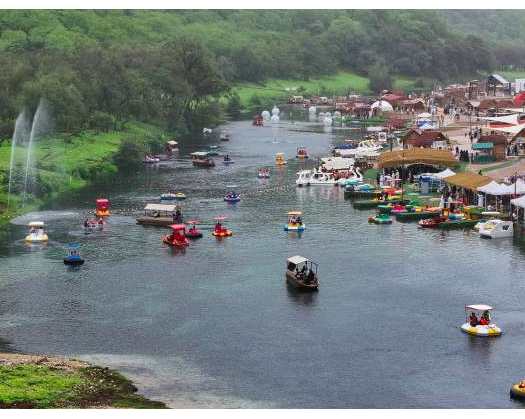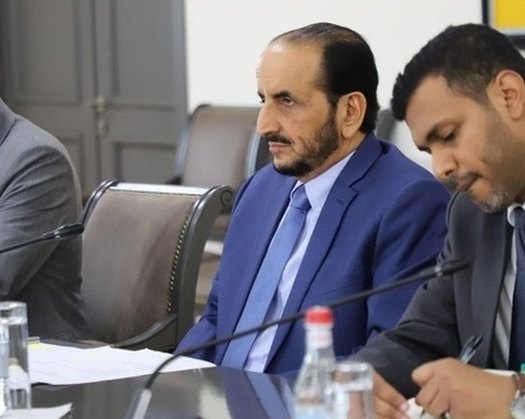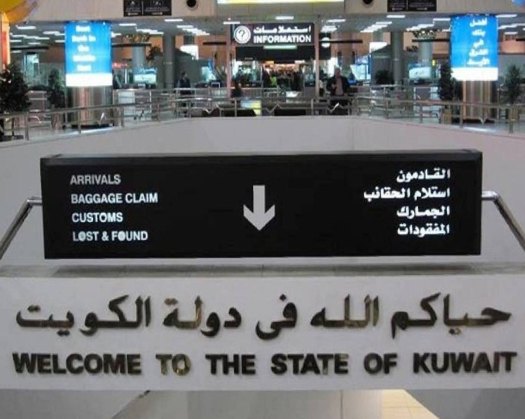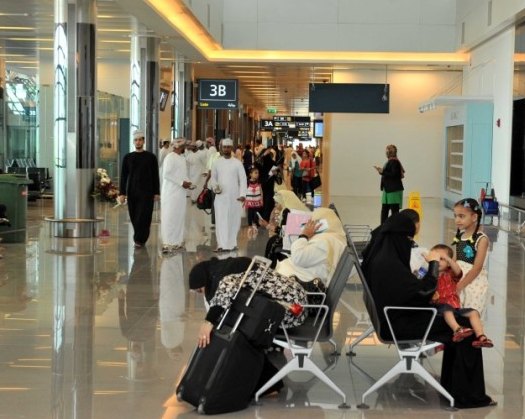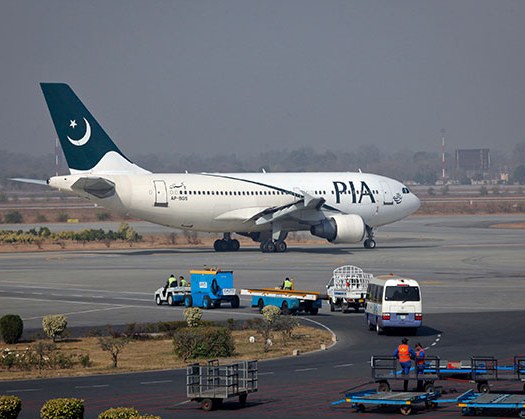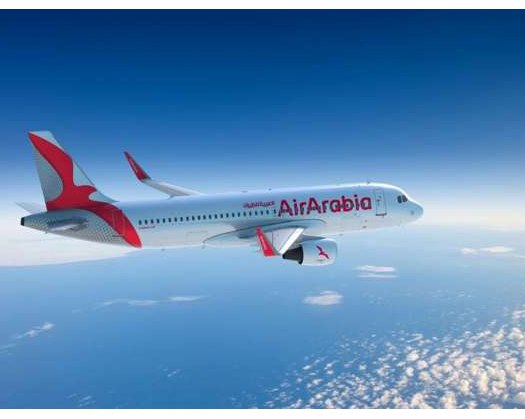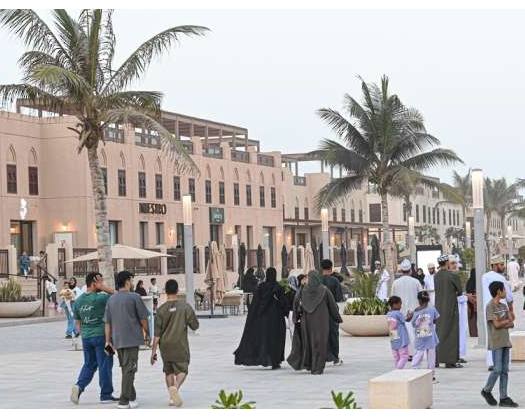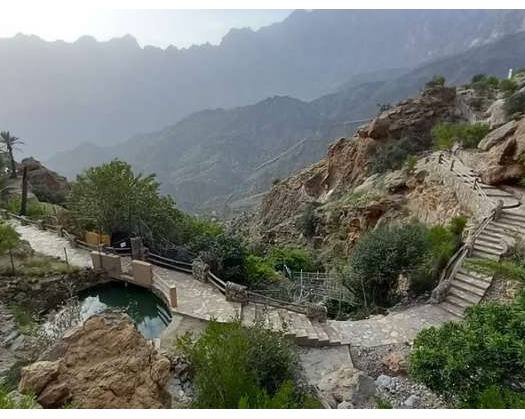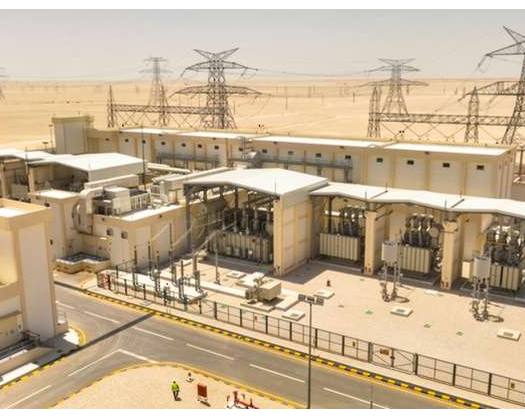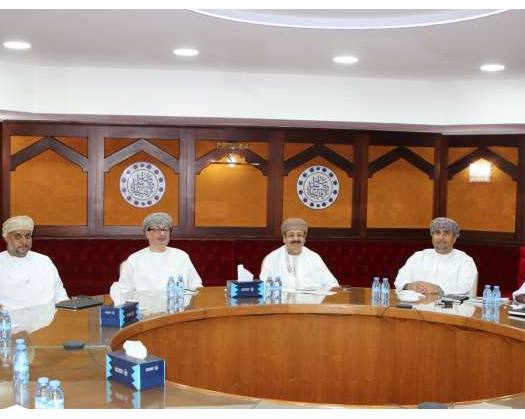Taqa reports that during the Khareef (monsoon) season in Dhofar Governorate, Wadi Darbat sees an increase in youth activity, including a number of Omani projects and initiatives that showcase their innovative and entrepreneurial spirit. This occurs in a beautiful setting that attracts both domestic and foreign tourists to the Sultanate of Oman.
These projects cover a wide range of sectors, including recreational activities, water boats, restaurants, mobile kiosks, handicrafts, and handmade products, as well as environmental and awareness endeavors that aim to preserve the wadi's cleanliness and aesthetic attractiveness. Their success is attributed to their ability to fulfill local market requirements and improve the tourist experience.
These projects get direct help from relevant government organizations as part of their efforts to enable Omani youngsters to capitalize on the Khareef season's tourism potential—especially in high-traffic places such as Wadi Darbat, which is becoming a popular location for innovative projects that promote sustainable local development.
The natural features of Wadi Darbat during Khareef have also increased entrepreneurial prospects by creating an enabling environment for product showcase, business skill development, tourist attraction, and local economic activity expansion.
In this context, several young entrepreneurs spoke with the Oman News Agency (ONA) about their experiences in Wadi Darbat and the ideas and initiatives they have implemented to increase tourism and economic activity during the Khareef Dhofar 2025 season.
Mohammed Mohsen AlMaamari, owner of Darbat Park Boats, claims that the project officially began in 2008, following a modest start the year before, when the wadi experienced few visitor and poor services. He stated that the project started with only three boats and a crew of four workers, but has now grown to more than 85 boats, including 33 Omani workers and 15 foreigners.
Al Maamari mentioned that enhancements included renovating amenities and hospitality facilities, such as the construction of a modern-style café. He highlighted that the increased demand for expansion efforts to shorten wait times contributed to the renewal of tourism in the wadi.
On his behalf, Salim Mohammed Al Maashani, owner of Darbat Rural Retreat, stated that his initiative captures Omani rural character in a convenient position at the wadi's entrance. The project provides a genuine rural lodging experience, utilizing natural materials such as wood and clay and local goods such as ghee, honey, and pottery.
He emphasized that rising demand has resulted in plans for future expansion, stating that such heritage projects benefit community-based tourism and enrich local producers and craftspeople.
Meanwhile, Mahad Al Maashani, owner of Darbat Huts, stated that his project began four years ago with three huts and has now grown to nine in two unique designs. The project offers hospitality in a stunning natural environment, with advance reservations and hosting guests from Oman and GCC countries.
Al Maashani remarked that the project employs several Omani youngsters but has obstacles including a short tourism season, crowding, and inadequate parking. He expressed hope for long-term solutions to guarantee the sustainability of these projects throughout the year.
Eng. Abdulhakim Amer Al Maashani, co-founder of Dhofar Tourism and Investment Company, presented the Zipline initiative, which was unveiled in Wadi Darbat in 2022 with a 120-meter line,, which is aimed at adventure tourism. He noted fast expanding, with dual lines for round trips and two experience sites, which created approximately 60 temporary job for Omani youngsters.
This year's plan includes building a primary zipline with four outgoing and four return lines, which might employ around 140 job seekers. He highlighted the project's aim of promoting adventure tourism and training Omani staff to fill operational and managerial responsibilities.
In the food and beverage industry, Mohammed Khalid Jaaboub, owner of Café Fog London, stated that his venture was motivated by a love of nature and a willingness to combine modern taste with scenic beauty. Situated with a view of Wadi Darbat, the café provides a selection of drinks, sweets, and light meals in a stylish atmosphere with both indoor and outdoor seating.
Jaaboub confirmed the project's appeal among visitors looking for peace in the midst of fog and greenery, demonstrating Wadi Darbat's preparedness to host high-quality initiatives that enhance the tourism experience.
It is noteworthy that the thriving Omani youth initiatives in Wadi Darbat during the Khareef Dhofar season demonstrate an increasing awareness of the necessity of local investment in environmental and community-based tourism. They also emphasize the critical role Omani youth play in renewing the tourism economy with new ideas and development projects that celebrate local identity and culture.

